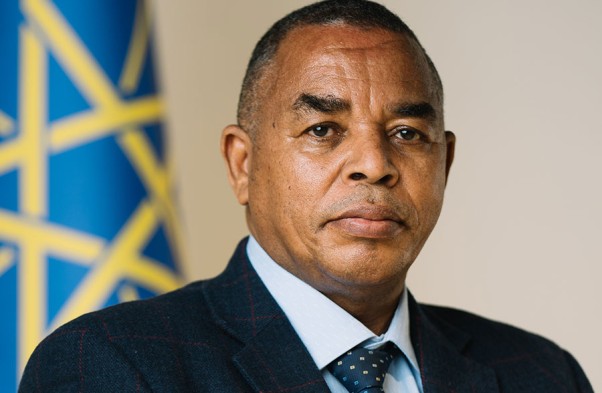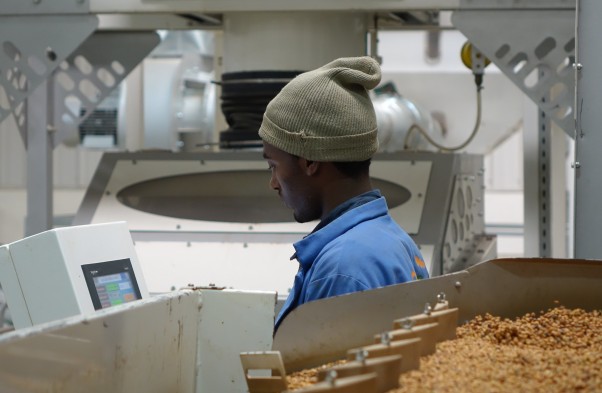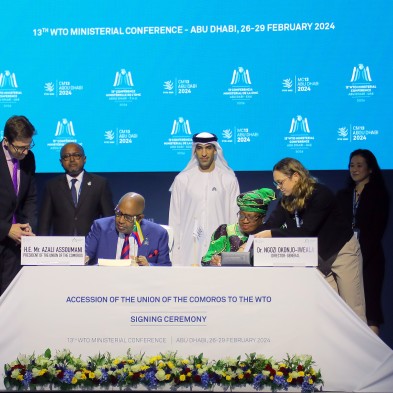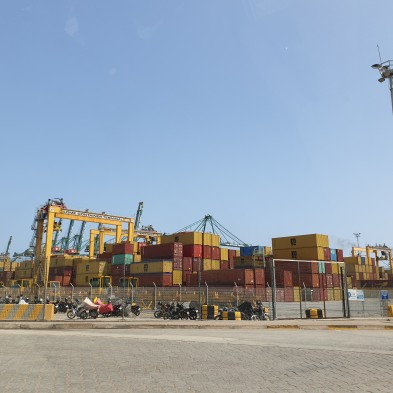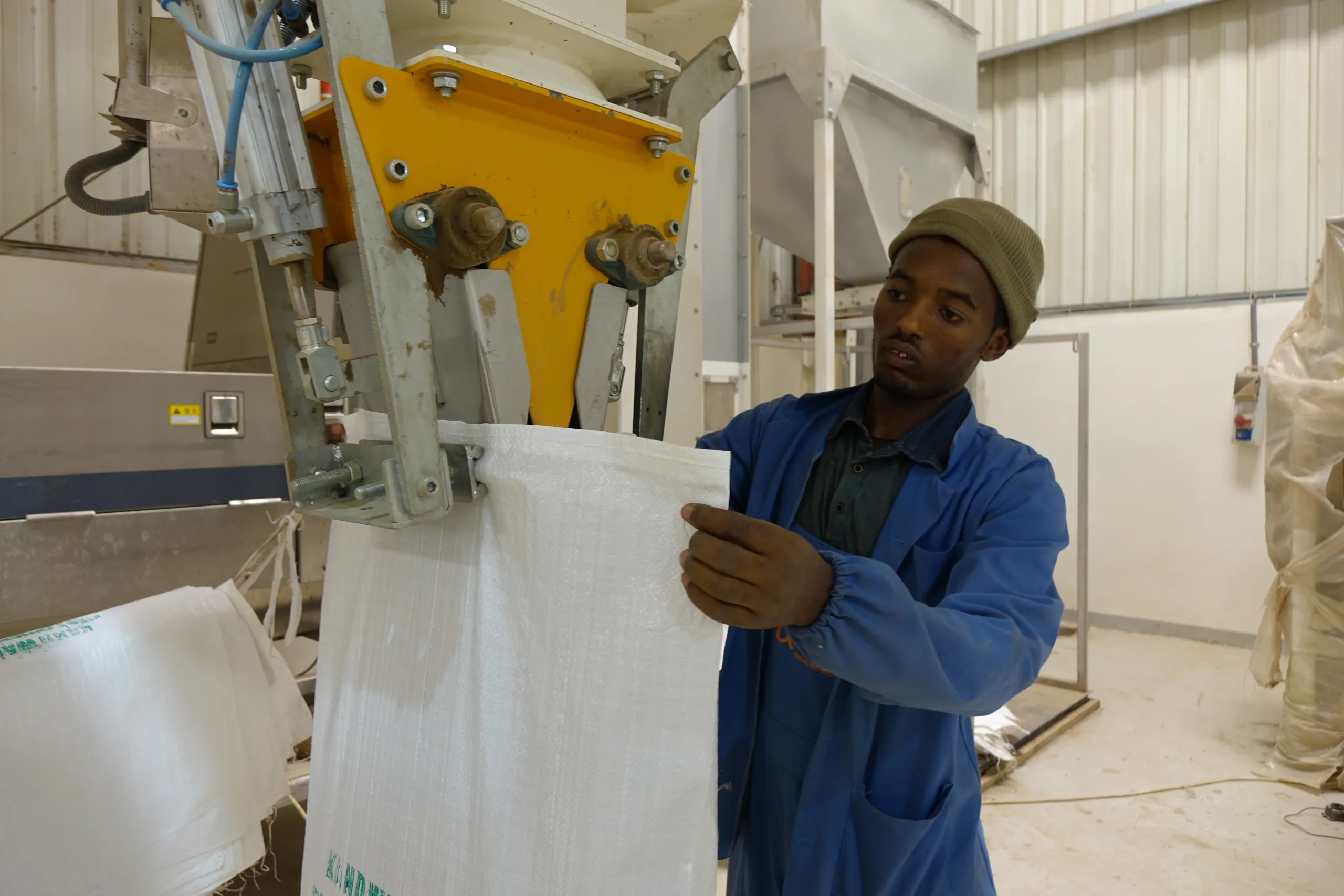
With local institutions and development partners, EIF is supporting Ethiopia to incorporate trade into its Growth and Transformation Plan, in order to spur development and reduce poverty.
This includes building linkages between manufacturing and agriculture, focusing on labour-intensive sectors to generate employment, and concentrating government support on strategic areas identified in the Diagnostic Trade Integration Study Update.

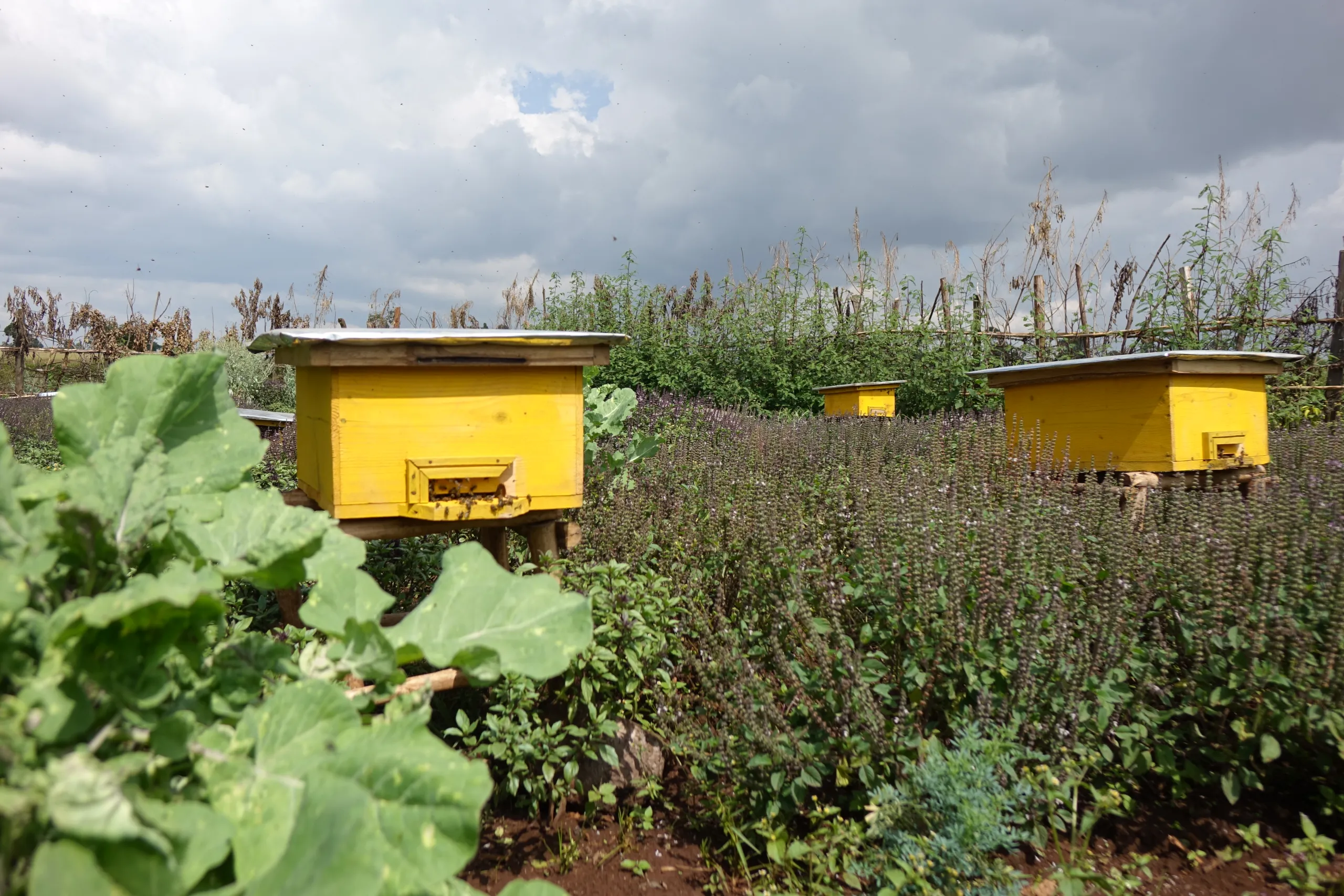
- The Enhanced Integrated Framework (EIF) helped develop institutional capacity-building in Ethiopia through the establishment of an EIF National Implementation Unit (NIU) capable of implementing and co-ordinating the delivery of trade-related technical assistance. This was supported by establishing a high-level steering committee that brought on board key line ministries, development partners and the private sector. The Government of Ethiopia saw the value of these EIF mechanisms, even when EIF project funding had ended. These mechanisms now oversee four trade-related government projects that are funded by other development partners.
- The EIF and the Government of Ethiopia collaborated on private sector engagement through a successful honey sector productivity and competitiveness project. The implementers, the International Centre of Insect Physiology and Ecology (ICIPE), later used this project as a blueprint for a follow-up silk and honey project, which garnered an additional USD 55.6 million from the Mastercard Foundation.
- Despite being affected by political instability in recent years, Ethiopia has witnessed a continuous economic growth trajectory, with an increase in its gross domestic product to USD 80 billion and poverty incidence declining from 39% in 2005 to 24% in 2015/2016. Ethiopia is undergoing the process of acceding to the World Trade Organization (WTO) as a way to become better integrated into global value chains. In this regard, the EIF has supported WTO accession negotiations for Ethiopia, and this process will continue in 2023 with a fifth round, again with EIF support.
Ethiopia's Growth and Transformation Plan extends from 2016 to 2020 and identifies three goals:
- supporting the trade sector and improving capacity
- establishing a modern and fair trading system
- enhancing foreign currency earnings by strengthening modern market promotion and linkages.
Results:
- Growth, industrialization and international trade integration reflected in the Government’s Growth and Transformation Plan 2016-2020.
- Directive approved to form a national office for WTO accession implementation and regional integration, paving the way for Ethiopia's accession to the WTO and in fostering regional integration.
- In 2018, conducted trainings and workshops for 257 federal and regional stakeholders (183 male and 74 female) on the African Continental Free Trade Agreement and other trade issues.
- Participation in international exhibitions in Germany and the UAE led to the securing of USD 80 million in agreements with international suppliers for the export of meat and oil seeds and pulses.
EIF is working to improve Ethiopia's honey sector, supporting the country's export diversification leading to sustainable growth and income generation for small-scale beekeepers as well as forest conservation. Efforts will include offering access to innovative technologies and upgrading honey quality to meet domestic and export market requirements.

